Beyond Japan’s celebrated scenery of serene temples, moss gardens, and vibrant city streets lies another landscape: a world of philosophies that shape how life is lived with grace, purpose, and balance. Beneath the surface of everyday gestures lies a cultural wisdom refined over centuries, guiding people in finding purpose, relating to their surroundings, and navigating change.
These Japanese philosophies are not confined to books or temples. They reveal themselves in the ritual of tea, the patience of a craftsman, the careful repair of a broken bowl, or the simplicity of a home free from excess. Concepts such as ikigai, kaizen, kintsugi, mottainai, shoshin, shin-gi-tai, and danshari invite us to see travel not only as the discovery of place but also as the discovery of perspective, a journey of enlightenment and self-discovery.
For the traveler, engaging with these ideas is as enriching as wandering a Kyoto garden or walking beneath the cherry blossoms. They remind us that the journeys worth taking are not only across continents, but also inward—toward a life lived with balance, gratitude, and wonder. And perhaps their greatest gift is this: lessons we can carry home, long after the journey ends.
Ikigai — The Joy of Purpose
In Okinawa, one of the world's famed “blue zones,” people live remarkably long and fulfilling lives. Their secret, many say, is ikigai—a reason to wake each morning. This philosophy teaches that happiness lies in the intersection of what we love, what we are good at, what the world needs, and what sustains us. To the traveler, ikigai may reveal itself in the devotion of a sushi master perfecting his craft, or in the warmth of a grandmother tending her garden. It is a reminder that purpose doesn't need to be monumental—it can be found in the quiet devotion to meaningful work and the people we cherish.
Kaizen — The Path of Continuous Improvement
In Tokyo's gleaming train stations, where every clockwork detail runs with remarkable precision, the principle of kaizen lives in motion. Kaizen is the art of incremental progress—making minor, continuous improvements rather than chasing overnight transformation. For a traveler, this philosophy is evident in the seamless hospitality of a ryokan, where each season brings subtle refinements to the guest experience. Applied to life, it urges us to value constancy over haste, and to trust that steady steps—no matter how small—will lead us forward.
Kintsugi — The Beauty of Imperfection
Step into a Kyoto pottery studio, and you may see a broken bowl mended not with invisible glue, but with veins of gold. This is kintsugi, the art of repairing fractures in a way that highlights, rather than hides, the break. It is a philosophy that honors imperfection as part of the story. For the traveler, kintsugi is a metaphor for journeys themselves: flights delayed, wrong turns taken, unexpected rain—and yet, in those cracks of imperfection, we often find our most luminous memories.
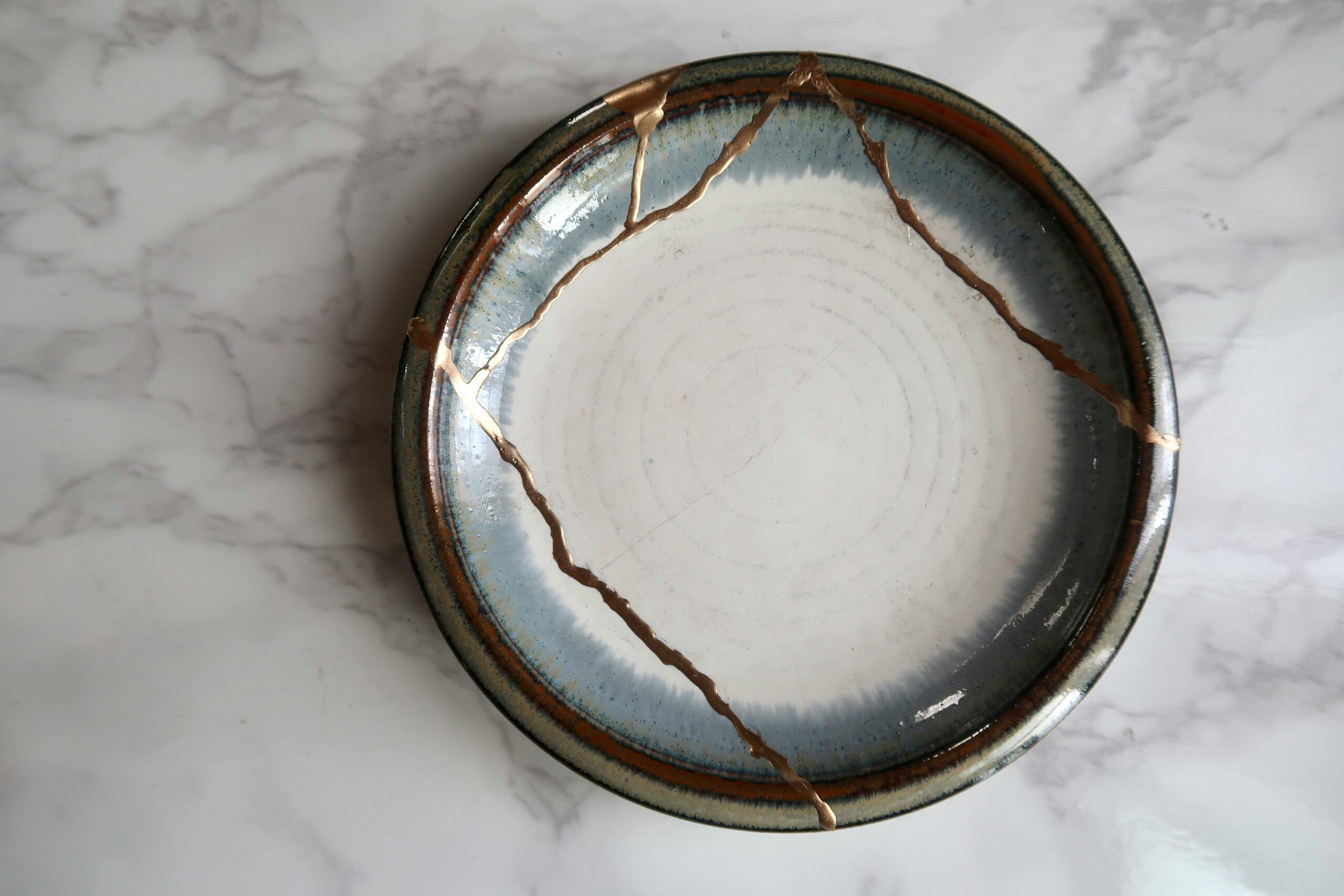
Mottainai — Waste Not, Want Not
In the markets of rural Japan, where every vegetable is used nose-to-root and even the smallest scraps are preserved for stock, the spirit of mottainai comes alive. This concept addresses the regret associated with waste and the gratitude that comes with mindful use. More than an environmental ethic, mottainai is a cultural reminder to appreciate and honor what we have—whether it be food, clothing, or time itself. For the traveler, it might mean savoring each meal fully, choosing experiences over excess, or carrying the humility of resourcefulness wherever we go.
Shoshin — The Beginner's Mind
To watch a child gaze at cherry blossoms in Nara is to glimpse shoshin—the beginner's mind. It is an openness to learning without arrogance, an embrace of curiosity without the weight of preconceptions. In Zen practice, shoshin reminds even the most experienced masters that every day begins anew. Travelers embody this when stepping into a tea ceremony or learning calligraphy strokes for the first time—clumsy, perhaps, but open-hearted. In life, shoshin invites us never to let knowledge harden into certainty, and always to leave space for wonder.
Shin-Gi-Tai — Body, Technique, Spirit
In the quiet stillness of a Kyoto dojo, one can feel shin-gi-tai—a triad born from martial arts that speaks of balance between mind (shin), technique (gi), and body (tai). True mastery, the philosophy teaches, is impossible without harmony among the three. While it stems from the discipline of warriors, its wisdom extends into daily life: to live well, we must nurture physical strength, sharpen our skills, and cultivate the integrity of our spirit.
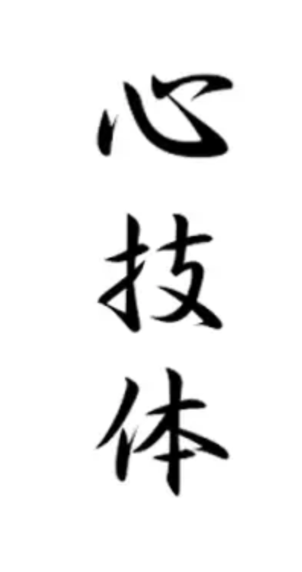
This is a philosophy I hold close. I believe balance is the foundation of everything—that one cannot thrive in body without also caring for mind and spirit, nor succeed in craft without also building character. To me, shin-gi-tai is a reminder that strength alone is incomplete without discipline, and knowledge loses meaning if not grounded in values. It is in the weaving together of these elements that life feels whole.
Danshari — The Discipline of Letting Go
In the minimalist interiors of a Japanese home, uncluttered and serene, one feels the essence of danshari—the practice of release. Broken into three parts, the word itself becomes a guide:
- Dan (refuse): Say no to what you don't need before it enters your life.
- Sha (dispose): part with the objects, clutter, and “garbage” that no longer serve you.
- Ri (separate): detach from the compulsion to hold onto things unused, unneeded, or unloved.
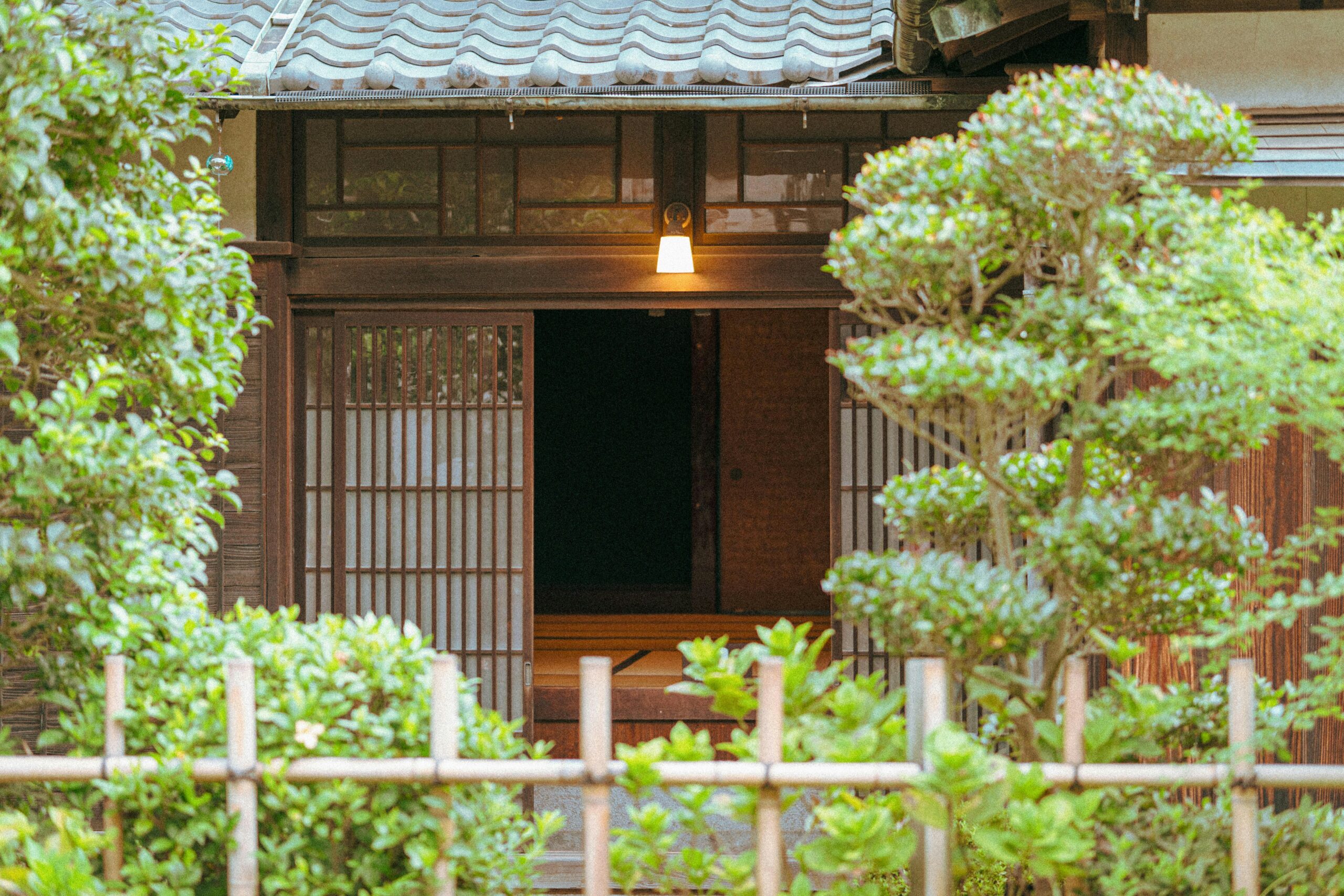
Travelers may experience danshari in the simplicity of a ryokan room or in the practice of packing lightly, discovering that freedom comes not from more, but from less.
For me, this concept resonates far beyond the home or suitcase. Danshari is not only about things, but about shaping your world with intention—choosing to surround yourself with the people, places, and experiences that lift you. It is a reminder to let go of what drains you—whether objects gathering dust or relationships that weigh heavily—and to build a life curated with care. Much like travel, it's about discerning what truly deserves a place in your journey, and finding clarity in what remains.
Each of these philosophies, born from the soil and spirit of Japan, carries a lesson that transcends borders. They remind us that purpose can be found in daily rituals, that beauty shines through imperfection, that improvement comes one step at a time, and that simplicity opens doors to clarity. For me, the deepest resonance lies in the balance of shin-gi-tai and the intentional release of danshari. Together they form a compass: one reminding me that life requires harmony of body, mind, and spirit, the other urging me to let go of what no longer serves. They are principles shaping not just the journeys that take one across the world, but the journey one continues to carve within.
About the author

Subscribe
-
 Smarter Than Smart: The Intelligence That Truly Shapes Success
Smarter Than Smart: The Intelligence That Truly Shapes Success -
 Myanmar, Where Time Stands Still
Myanmar, Where Time Stands Still -
 Design, Dreams and the Dutch Spirit, a stay at Andaz Amsterdam Prinsengracht
Design, Dreams and the Dutch Spirit, a stay at Andaz Amsterdam Prinsengracht -
 The Travelers
The Travelers -
 Whispers of the Nile
Whispers of the Nile








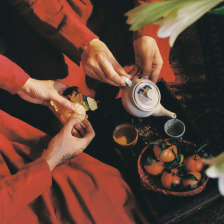
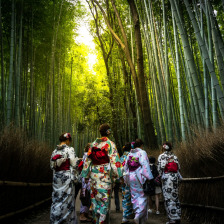





Leave a Reply